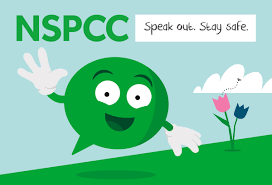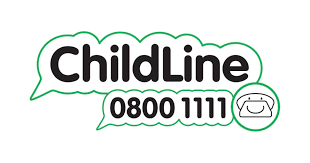What is neglect?
- Learning for Life and Work

- May 25, 2020
- 2 min read
Updated: May 9, 2025
Neglect is the deliberate ongoing failure to meet a child's basic needs. A child may be left hungry, unwashed, without suitable accommodation or without the appropriate medical care when the child is sick.
According to the NSPCC there are 4 main types of neglect:
Physical neglect - failing to provide a child's basic needs such as food, clothing, shelter and/or not keeping them safe from harm.
Educational neglect - failing to ensure that a child attends school and receives an education.
Emotional neglect - failing to attend to the emotional needs of the child by ignoring them, humiliating them, intimidating them or isolating the child.
Medical neglect - failing to get medical help when the child is sick, failing to make or turn up for medical appointments, including dental appointments.
Signs of neglect the impact on their physical health may include:
poor hygiene - as the young person may not be allowed to wash themselves, their clothes may not get washed regularly and so this may cause them to smell.
skin sores, rashes, flea bite marks on the young person's body as they are not allowed to shower/bath regularly.
anaemia as the young person is not getting a balanced diet full of nutrients and vitamins.
diagnosed sight or hearing problems as the young person is not taken for regular medical check-ups or their parents/guardians ignore medical advice and medical appointments.
The impact of neglect on a young person's emotional health include:
suffering from anxiety - as the young person is not sure what they did to deserve being ignored.
obsessive behaviour - as the young person tries to control what they can
low self-esteem - as the young person feels they deserve this neglect
depression - as the young person is so unhappy and cannot see a way to change what is happening to them.
risk-taking behaviour - as the young person wants someone/anyone to notice them and give them attention.
What can a young person do if they are being neglected?
Tell someone what has been happening - this could be a parent/guardian, a friend, a teacher in school.
Consider talking to someone at an organisation that can give advice and help with the bullying experience such as:
- NSPCC
QUESTIONS YOU COULD BE ASKED ON THIS
Write down one way to recognise a person who may be neglected. (1mark)
Lack of hygiene
Explain two ways neglect may impact on the emotional development of a young person. (4marks)
Low self-esteem – A young person who experiences neglect may feel unwanted or unloved, which can damage their self-worth. This can make them believe they are not good enough or do not deserve care and attention. (2marks)
Difficulty forming relationships – Neglect can lead to a lack of trust in others, making it hard for the young person to form healthy emotional bonds. They may struggle to open up or rely on others due to fear of being hurt or ignored again. (2marks)
You should also read:







Comments